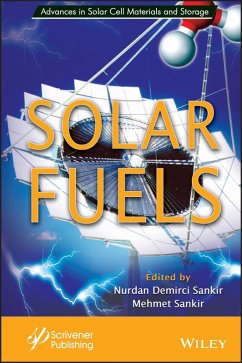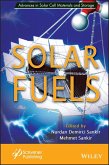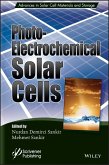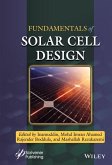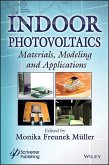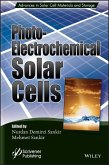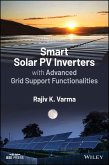SOLAR FUELS In this book, you will have the opportunity to have comprehensive knowledge about the use of energy from the sun, which is our source of life, by converting it into different chemical fuels as well as catching up with the latest technology. The most important obstacle to solar meeting all our energy needs is that solar energy is not always accessible and, therefore, cannot be used when needed. Consequently, the conversion of solar energy into chemical energy, which has become increasingly important in recent years, is a groundbreaking topic in the field of renewable energy. This type of chemical energy is called solar fuel. Hydrogen, methanol, methane, and carbon monoxide are among the solar fuels, which can be produced via solar-thermal, artificial photosynthesis, photocatalytic or photoelectrochemical routes. Solar Fuels compiles the objectives related to the new semiconductor materials and manufacturing techniques for solar fuel generation. Chapters are written by distinguished authors who have extensive experience in their fields. A multidisciplinary contributor profile, including chemical engineering, materials science, environmental engineering, and mechanical and aerospace engineering provides a broader point of view and coverage of the topic. Therefore, readers absolutely will have a chance to learn about not only the fundamentals, but also the various aspects of materials science and manufacturing technologies for solar fuel production. Moreover, readers from diverse fields should take advantage of this book to comprehend the impacts of solar energy conversion in chemical form. Audience The book will be of interest to a multidisciplinary group of fields in industry and academia, including physics, chemistry, materials science, biochemical engineering, optoelectronic information, photovoltaic and renewable energy engineering, electrochemistry, electrical engineering, and mechanical and manufacturing engineering.
Dieser Download kann aus rechtlichen Gründen nur mit Rechnungsadresse in A, B, BG, CY, CZ, D, DK, EW, E, FIN, F, GR, HR, H, IRL, I, LT, L, LR, M, NL, PL, P, R, S, SLO, SK ausgeliefert werden.

